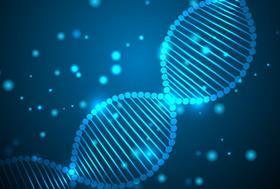
A testing laboratory in Norwich has become the UK’s first to receive accreditation for a system that fights food fraud by detecting if it has been adulterated.
Next Generation Sequencing will allow Norwich-based firm Food Forensics to identify and validate multiple species in products such as dried mushrooms, seafood and ready meals.
Rather than taking a targeted approach, NGS is described as a “trawler net” which makes it possible to identify multiple species in complex foods with no priorknowledge of the species or supply chain.
Food Forensics is believed to be the first UK laboratory to receive accreditation for the speciation of animal, plant, fungi and bacteria using this technique, with the company claiming it could open up “a new era of food authenticity testing”.
Essentially, NGS targets specific genes that areconserved withina species butdifferent betweenspecies, and these genes are sequenced and compared to a reference database, using each of the unique sequences to identify the species present.
Most authenticity methods rely on the tester knowing what they are looking for, whereas NGS allows them to detect “unknown unknowns”, including the identification of more exotic species, which would not previously have been possible.
Food Forensics’ managing director Alison Johnson said: “The development of Next Generation Sequencing to provide solutions to the food industry has been a natural progression.
“The challenges in today’s complex food supply chains mean that suppliers, processors and retailers need all the tools we can provide to support their supply chain integrity to deliver safe and authentic foods to the consumer”.
The NGS method has already been used to identify several authenticity issues in foods, and as more food testing providers adopt the technology, it is hoped it will act as a deterrent to food fraud and thus reduce its instance.






No comments yet